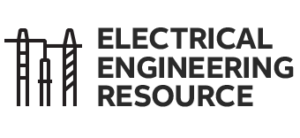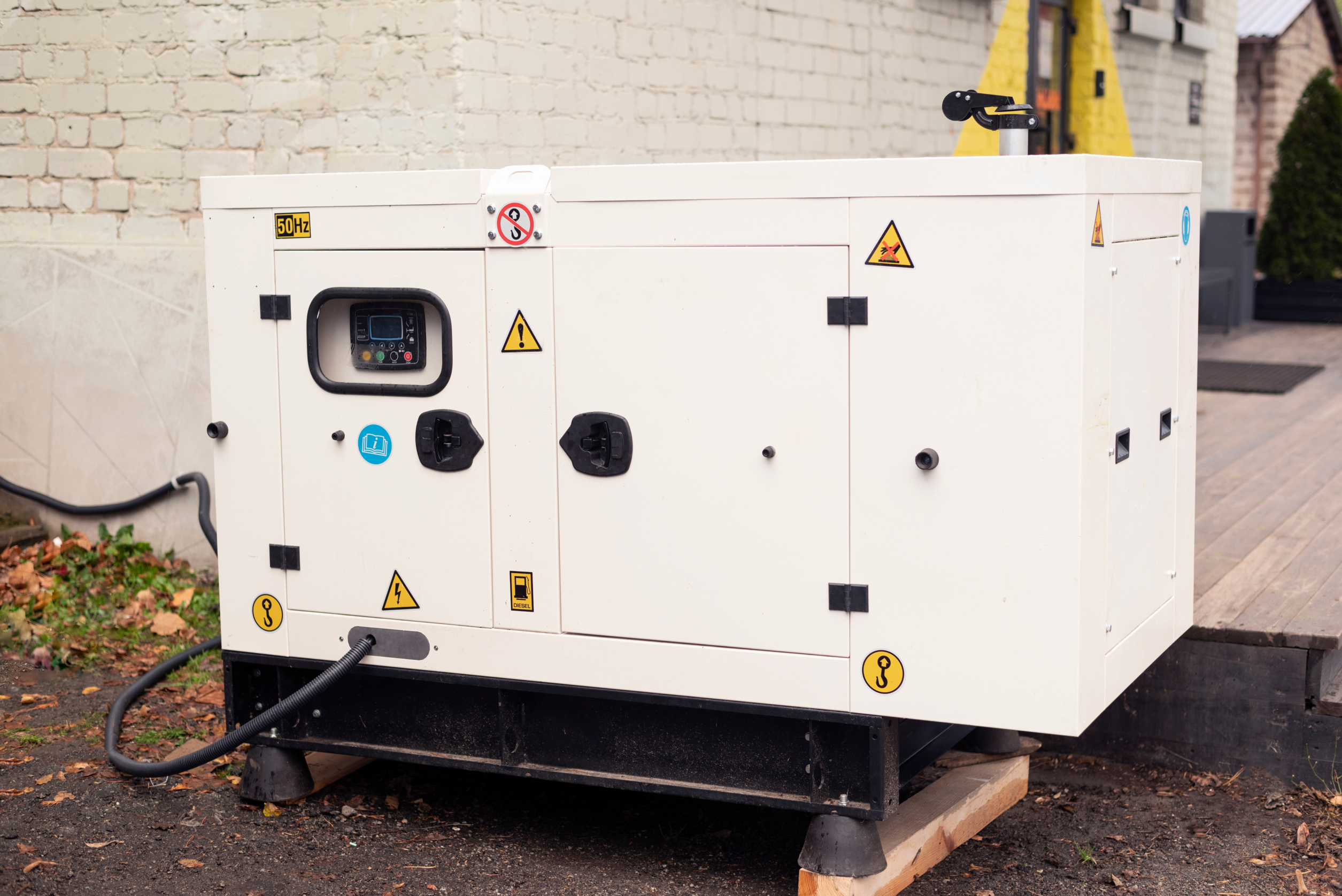7 Reasons businesses choose hybrid gensets
Hybrid gensets blend traditional and alternative energy, offering businesses reduced emissions, fuel savings, reliability, and lower operational costs, aligning with green and cost-efficiency goals.
Generators have long been used to keep power flowing during emergencies or when a reliable energy source is unavailable. As a supplier to generator OEMs, we’re seeing an increased demand for hybrid genset components. When asked about the demand, these OEMs often share several ways hybrid gensets make good business sense for their commercial customers.
What are hybrid gensets?
A hybrid genset is a generator that combines a traditional fuel source, such as diesel or gasoline, with an alternate energy source. Thanks to continued innovation, battery energy storage systems (BESS) are becoming increasingly popular as the alternate source.
These systems work similarly to a hybrid vehicle, but instead of an alternator powering a hybrid engine and sending extra energy to a car’s battery, the generator provides power to the primary load while also charging the BESS. Since the amount of time the generator is used is reduced, so are emissions, providing a cleaner, more efficient power source for the business.
Gensets: Not just for emergencies
The move from traditional genset to hybrid genset radically changes the business case for these devices. Hybrid gensets can be used in scenarios where the grid is unreliable but can also meet everyday energy needs. Some of these are obvious, while others are a bit more surprising. The one thing they all have in common is that they are well-aligned to today’s corporate business plans.
#1 Going green. These days, most organizations have sustainability initiatives that revolve around lowering their carbon footprint. Replacing diesel generators with hybrid gensets or adding hybrid gensets to a facility is a fast, easy way to have one more accomplishment to highlight in an annual report or company meeting. Gensets often take a tiny fraction of the time to implement and start delivering returns, as compared to many other green initiatives that can take months or longer to implement. If electrical systems are genset-ready, hybrid gensets can usually be installed in less than a day to begin lowering carbon emissions immediately.
#2 Fuel conservation. Just as a hybrid car uses less gas, the hybrid genset uses less of its fossil fuel source. As discussed, fuel conservation has implications for green initiatives. It also helps lower costs when fuel prices peak. In addition, hybrid gensets can provide a sense of stability at times when fuel sources may be disrupted, e.g., severe weather events or political unrest. With the same amount of backup fuel, an organization or operation with hybrid gensets can keep the lights on longer.
#3 Peak shaving. Large-scale power consumers use peak shaving to reduce electricity costs and operating expenses. When electricity prices are high, they hold down costs by reducing energy consumption. This might mean switching off certain equipment, slowing production, or switching to alternate energy sources. Hybrid gensets allow large-scale power consumers to bypass strategies that impact throughput. When energy prices peak, hybrid gensets can easily be activated without disrupting operations.
#4 Increased reliability during transition to renewables. Many businesses are integrating renewables as part of their green or Environmental, Social, & Governance (ESG) initiatives. Gensets can help ensure power is always available while working through the implementation of the organization’s energy strategy. Hybrid gensets have the added benefit of lowering fossil fuel consumption, so they don’t undermine the purpose of the initiative.
#5 Less vibration. All gensets have mechanical parts (crankshaft, flywheel, and alternator). A rotational imbalance and power pulses in the reciprocating engine-generator combination can create significant vibrations. Wear and tear on these components can exacerbate vibration issues. Hybrid gensets run at a partial load or even entirely off at times. Reduced operational time translates to less vibration in addition to lowering the mechanical wear and tear that can further increase vibratory issues.
#6 Quieter operation. In addition to less vibration, the design of hybrid gensets allows them to run much quieter than traditional gensets while running on battery power. Lower noise and vibration levels can help organizations create a safer, more comfortable working environment and help organizations avoid OSHA violations. Running on battery power at night can also help address noise ordinance issues and lower complaints from residents living nearby.
#7 Lower total cost of ownership. Occasional switching of the power source to the battery energy storage system saves on mechanical wear and tear; thus, hybrid gensets are often rated for a longer life than traditional gensets. Reduced wear and tear also lowers maintenance costs, minimizes equipment downtime, and helps the initial investment last longer. So not only can hybrid gensets help reduce monthly operational costs, but they also deliver a lower total cost of ownership as the initial capital investment and lower monthly costs are spread over a longer lifespan.
Let’s innovate together!
In an uncertain world, gensets play an essential role in keeping the power flowing to vital operations. At ABB, we’re excited to see these devices leap from emergency use only to helping businesses achieve their core objectives. We look forward to collaborating with our OEM partners to develop innovations that make hybrid gensets even safer, more reliable, more efficient, and a better fit for more scenarios than ever.
See related blog post “Boost the reliability of your backup-power control system”.
—
Diana Nuccitelli
Market Development Manager
Joe Flaviani
Market Development Manager
Rosa Lopez
Market Development Manager
Rebecca Vollmann
Market Development Manager




